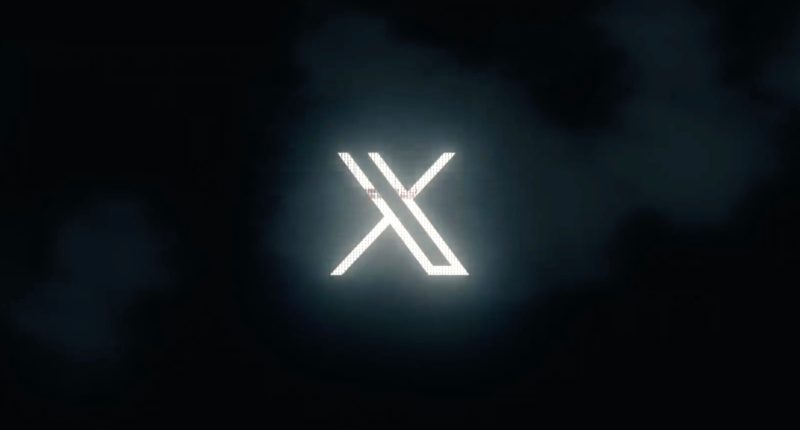Elon Musk-owned social media platform X (formerly known as Twitter) has informed that it has received latest executive orders from the Indian government mandating the blocking of over 8,000 accounts within the country. These directives are issued under the Information Technology Act, 2000. But due to legal restrictions, X stated that it cannot publish the executive orders at this time. Sources have confirmed to us that most of these accounts belong to Pakistan-based influencers, media organisations, with few belonging to Pakistani Government officials and departments.
Meanwhile, in response to the same, X has begun withholding access to these accounts (and associated posts) solely within India. According to the firm (citing the government’s order), failure to comply could result in significant fines and the potential imprisonment of local employees.
It is important to note, that this latest order comes in the backdrop of intense military conflict currently underway between India and Pakistan. Indian govt. has repeatedly advised citizens to not trust disinformation emanating from Pakistan-focused handles, including official handles of Pakistan Government departments. India did an air strike, targeting terrorist infrastructure within Pakistan, in response to the deadly attach that killed 26 civilians in the heavily touristed destination of Pahalgam, in the Indian union territory of Jammu and Kashmir.
X however, has expressed its disagreement with the government’s actions, arguing that such blanket account suspensions not only suppress existing content but also hinder future expression, which it views as a violation of free speech principles.
The social media giant has also noted that, in many instances, the government has not provided specific details about which posts from these accounts were found to be unlawful. Even most of the time, no evidence or justification for the blocking orders has been presented.
The company also believes that making these orders public is important for ensuring transparency. Without disclosure, decisions can be made unfairly, and there may be no accountability for those decisions. Now, despite the government’s directives, X is exploring all possible legal routes available to challenge the blocking orders. Additionally, the company has encouraged affected users to pursue appropriate legal relief through the courts.
Notably, this development follows a series of similar incidents in which the Indian government has directed social media platforms to restrict access to content or block accounts under Section 69A of the Information Technology Act. In 2024 alone, the Indian government blocked a record 28,000 URLs across various platforms (including X), citing reasons like threats to national security and public order. Interestingly, X faced the highest number of URL takedowns, with over 10,000 URLs blocked.
Earlier in March 2025, the company initiated a legal battle against the Indian government, challenging its interpretation and enforcement of Section 79(3)(b) of the Information Technology (IT) Act. The company filed a lawsuit in the Karnataka High Court, arguing that the government is bypassing the established legal safeguards within the IT Act. X argues that the government’s demands for content removal and account blocking violate the protections afforded to platforms under Indian law.
In parallel, during the same month (March 2025), the Indian government raised concerns with X over controversial responses generated by its AI chatbot – Grok. Officials questioned the platform about the accuracy and appropriateness of some of Grok’s replies, which were seen as problematic or misleading. For example, Grok reportedly provided incorrect information on sensitive political matters.
The Tech Portal is published by Blue Box Media Private Limited. Our investors have no influence over our reporting. Read our full Ownership and Funding Disclosure →






